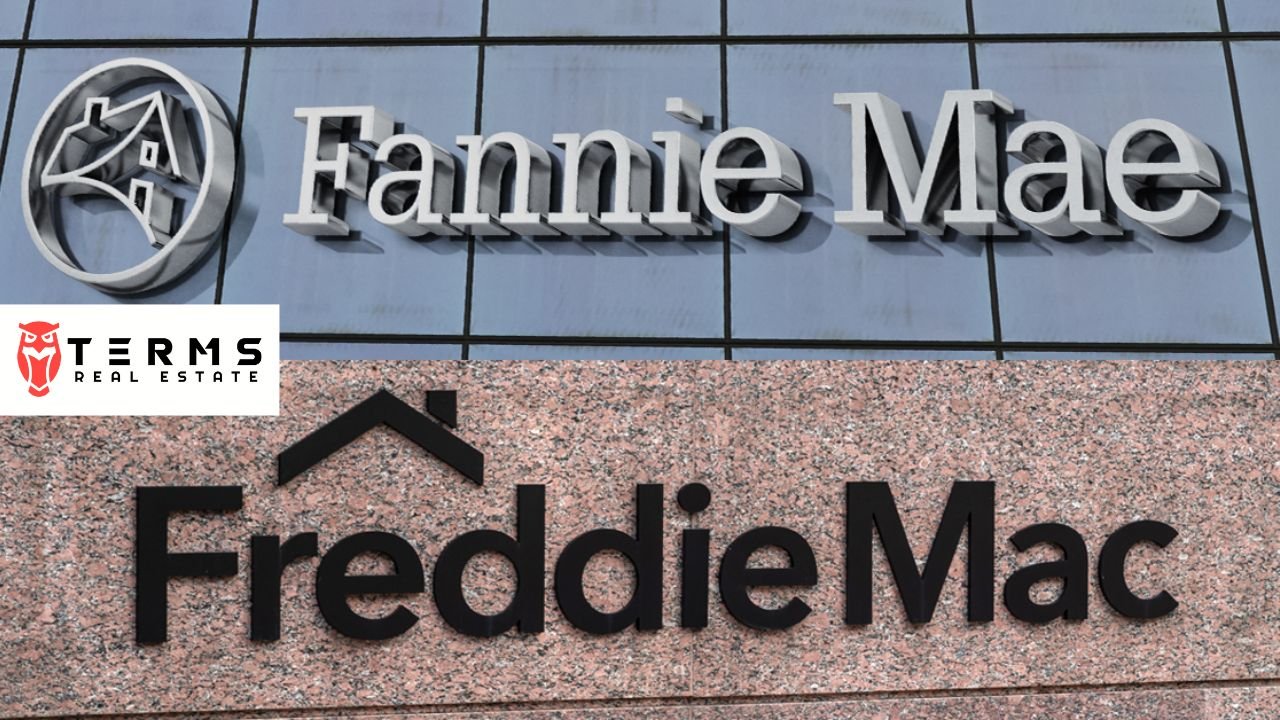Fannie Mae and Freddie Mac are both created by Congress. They play an essential role in the country’s housing finance system to provide liquidity, stability, and accessibility to the mortgage market. They provide liquidity (ready access to funds on reasonable terms) to the thousands of banks, savings and loans and mortgage companies that make loans to finance housing. Fannie Mae and Freddie Mac are cornerstones of the mortgage market, but many Americans are not familiar with their roles in the mortgage industry. Read on to understand better how they work for both US homeowners and the economy.
What are Fannie Mae and Freddie Mac?
Fannie Mae and Freddie Mac are government-sponsored entities (GSEs) that act as links between banks and creditors, the federal government and private investors. Its mission is to provide easy access to funds, or “liquidity,” to thousands of banks, savings and loan entities, and other mortgage companies that lend to home buyers.
Fannie Mae and Freddie Mac do this by buying most real estate loans in the United States. They now hold them as their investments and pack them in mortgage-backed securities that are sold to investors in what is known as the secondary mortgage market.
The difference between Fannie Mae and Freddie Mac
The Fannie Mae and Freddie Mac missions are similar, but separate companies chartered at different times and for different purposes. Fannie Mae US government created the Federal National Mortgage Association (FNMA), are commonly known as the Fannie Mae, in 1938 as part of the New Deal under President Franklin D. Roosevelt. Its original purpose was to buy mortgages from private companies with no money to free up capital that would encourage lending during the Great Depression. Later, Fannie Mae was privatized in 1968.
Fannie Mae’s primary goal in the past and present is to make mortgages more affordable to low- and middle-income buyers. Fannie Mae typically buys loans from lenders of all sizes, from large national banks to small community creditors and credit unions.
Freddie Mac. Later, the federal government created the Federal Mortgage Loan Mortgage Corporation (FHLMC) – in October 1970, Freddie Mac – to further increase the availability of mortgages for buyers. Freddie, also semi-privatized, serves as a competition for Fannie Mae and allows mortgages to be grouped and sold as investments in the secondary mortgage market. This pooling and sale allow more people to obtain mortgages because lenders do not need to keep the loans on their balance sheet, releasing their capital to lend again and make additional loans.
The kind of Fannie Mae or Freddie Mac loan you can you get
All Fannie Mae and Freddie Mac loans must meet specific standards, which is why they are called compliant loans. Even if you are not applying for loans directly through any organization, most lenders use the same criteria to ensure that the loans qualify for purchase by them. Lenders benefit from selling their loans because it frees up capital to give even more loans. Otherwise, your cash flow would be compromised, and they could not expand your business. To that end, there are several qualification factors that you need to achieve to get a loan accordingly.
First, the loan itself cannot exceed a certain amount. In some of the countries, their limit is $ 417,000. 39 counties allow a higher loan limit because their cost of living is very high. If you want a loan backed by Fannie Mae or Freddie Mac, you can search your county and determine your actual loan limit; your lender is also an excellent resource.
You need to meet a minimum standard of credit and financial standards to qualify for a loan accordingly. The absolute minimum credit score for a fixed-rate mortgage is 620 and is 640 for an adjustable-rate mortgage. Other factors are also taken into account so that your credit score does not guarantee the approval of your loan application. For example, your debt to income should not exceed 45%. How do you figure out this number? It is a straightforward calculation. First, add up all of your recurring monthly debts, such as your mortgage, your minimum credit card, your car payment, and your student loan payment. Then divide this number by your gross monthly income (how much you earn before you withdraw taxes). The percentage you get from this formula is your debt to income. Let’s say your mortgage, minimum credit card amount, and car loan payments come to $ 2,000 a month, and you earn $ 5,000 a month. Your debt/income ratio would be 40% within limits for a compliant loan.
How can the Fannie Mae and Freddie Mac loans benefit you?
Both Fannie Mae and Freddie Mac offer some services for homeowners with eligible loans. These include refinancing, modifying your mortgage, and preventing foreclosure. Let’s take a look at each one to see how you can benefit from your loan.
• Refinancing:
There are some options available to refinance. With traditional refinancing, you can apply for different loan conditions through a lender, the goal of reducing your monthly payments, or drawing in equity in your home. You need to meet the same qualification standards as a regular mortgage application, including credit and finance. Also, your home needs a professional evaluation to determine its fair market value. If you have trouble qualifying, you may be eligible for Fannie Mae’s Affordable Home Refinancing Program (HARP), which is available to owners by the end of 2016. You must be current with mortgage payments, but you may be a useful lower rate, even if you owe more on your loan than your home currently costs.
To qualify for HARP, you must first make timely payments in the last 12 months. The program does not allow late payments in the last six months and only a late payment of 30 days in the last six to 12 months. The home equity loan ratio should be more than 80%, which means you have less than 20% stake in the property. So if your home is worth $200,000, but the loan amount is $ 195,000, your loan amount ratio is 97.5%, and you would meet that qualification. Both loans, Fannie Mae and Freddie Mac are eligible for HARP, although their home must have sold before May 31, 2009.
• Modification of the Loan:
Another useful program for homeowners with Fannie Mae and Freddie Mac loans is the Home Affordable Modification Program (HAMP). If you are already struggling to avoid foreclosure or are trying not to keep up to date on your payments, this may be a good program for you. To qualify for this program, you must be facing long-term financial difficulty. You have a few different options depending on your situation. You can switch from an adjustable-rate mortgage to an adjustable-rate mortgage, extend the duration of your loan to reduce your monthly payments, reduce your interest rate, or add late amounts to your first due. Each of these options can offer significant relief if you are facing foreclosure. You have the chance to catch up on your defaulted loans without the fear of being forced to leave your home. Stopping foreclosure can be difficult, but HAMP offers authentic options for homeowners with Fannie Mae and Freddie Mac loans.
• Tolerance:
The final option to avoid foreclosure if you have a loan with the Fannie Mae or Freddie Mac is to ask for leniency. Under this plan, you reduce your mortgage value or stop paying it entirely for a period agreed upon between you and your lender. You eventually have to pay the full amount you owe, but can provide relief during a difficult period that should be temporary. You may agree to pay the extra amount due at the end of the indemnity period or add a portion of the payments to your monthly mortgage.
Fannie Mae and Freddie Mac ease their way into their own home in a variety of ways. These mortgage giants help to maintain the stability, affordability, and liquidity of capital for their lenders to use to make loans for high-quality housing. Most importantly, these GSEs help homeowners find the right loan for their unique situation by tailoring their program to a wide range of borrowers.



